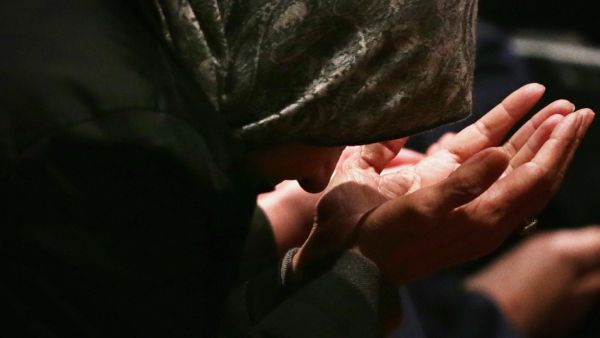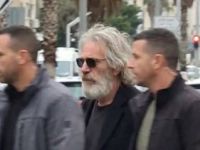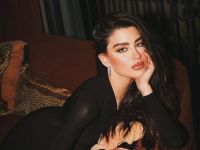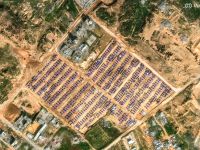A very queer Ramadan
I come back from the bathroom, and she’s leafing through my Quran.
We’re doing iftar in my tiny New York apartment, just the two of us. The difficult parts – the last minute prep, the stressing about the taste of food I cooked while fasting, the cleaning up – are over and we’re lounging on my couch, a bowl of berries between us.
I nip into the bathroom for all of two minutes and when I come back, she’s leafing through my Quran. The Quran I’ve had since high school, with all its worn pages and dog-ears and highlights and penciled-in comments. Looking through this Quran is a little like looking at who I’ve been: that time I was obsessed with the idea of talking to God and went through and highlighted all the duaas in yellow; the more crinkled, more used pages near the end with the surahs I’ve memorized; the underlined words that that I consistently mess up. A complicated progression of my faith.
Continue reading on Tanqeed
Kurdish youth dance on
A new network of art, dance and drama groups is helping to brighten the lives of young Kurds in Syria.
The Kurdish Democratic Youth Union [KDYU] wants its members to participate in performing arts as a way of strengthening identity, boosting confidence and building youth leadership.
The largest group, called Siwan, was formed in the village of Amuda in February.
“The group has 29 members,” Amuda KDYU head Penkin Tatar told Damascus Bureau. “Fifteen of them are folk dancers, nine are theatre actors, and five are singers.
“All our members have been encouraged to join the group by their parents, who want to their children to escape the depressing reality they live in,” Tatar continued.
Continue reading on Damascus Bureau
Istanbul - passion, joy, fury
The Middle East is a part of the world many think they have come to understand through their lack of understanding; it is fraught, complex, ever-changing, bleeding. For most, that is enough to know, and it is left to scholars and politicians to decipher the ‘why’. As such, the term ‘Middle East’ has come to be not so much a geographical term as a political one, and though relatively distant from central Turkey, Istanbul has by no means been isolated from such conflicts. Geographically, Istanbul spans two continents while culturally embodying Asian and European influences. Bordering Syria’s broken heart of the Arab world, Iraq, Iran, Greece, Armenia, the Republic of Azerbaijan, and Georgia, Turkey has remained a volatile portal of overlapping refugee, military, and creative movements in and out of the Middle East.
Continue reading on Reorient







